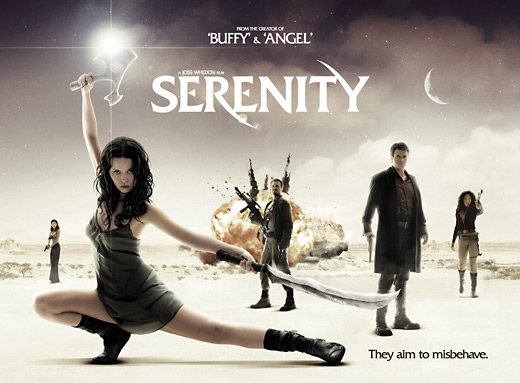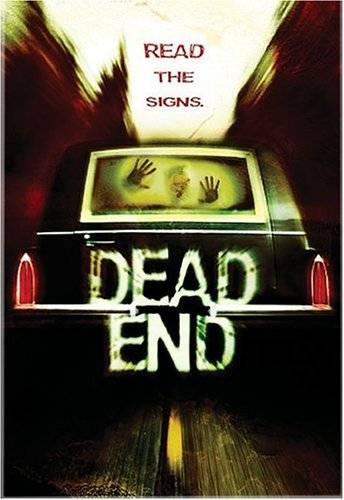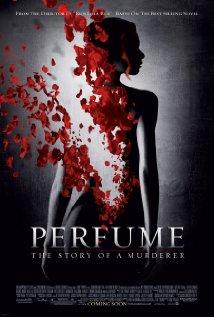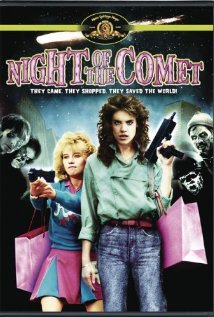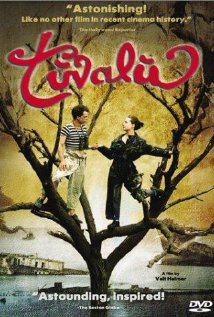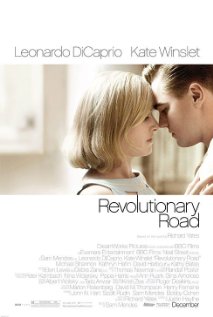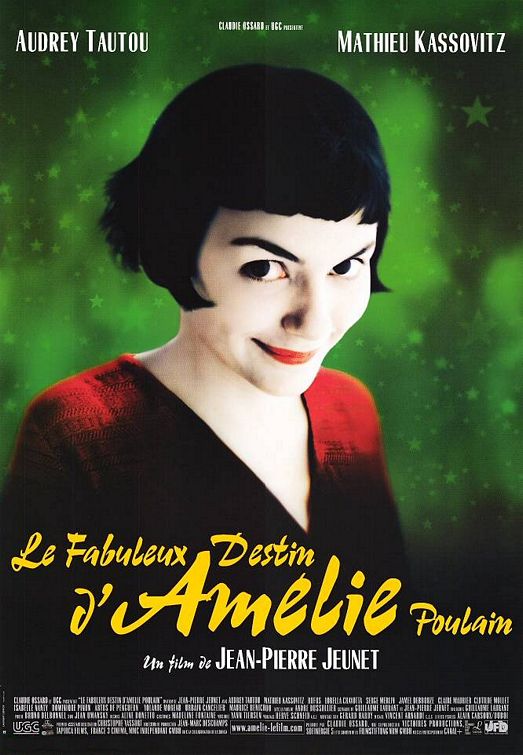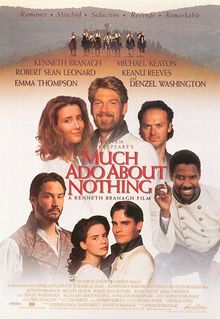What has been will be again, what has been done will be done again; there is nothing new under the sun. – Biblical Verse, Ecclesiastes 1:9
Recently I was sent to a link by a dear friend called “The Day the Movies Died.” Reading the article filled me with a rage I have not felt since I walked out of The Phantom Menace.
You can find the article here: http://www.gq.com/entertainment/movies-and-tv/201102/the-day-the-movies-died-mark-harris?_r=true
I have been trying to write this article for a week now, and I have a number of problems. The number one problem, first and foremost, above all else, happens to be; I don’t even know what the goddamned article is about! Is it simply sequels are bad? Or, rather, sequels and comic book movies and movies based on children’s and or young adult’s novels are bad? Wow, that’s a slew of problematic cinema right there.
I have to segue off shortly here and ask; can somebody explain the difference between adapting a comic book or young adult book and a novel? Why is this “unoriginal?” There is an Oscar given out every single year since 1928, yes EIGHTY-TWO YEARS, for adapted screenplay. These are movies taken from novels, short stories, play, poems, TV shows – not to mention other films -- so on and so forth. Yet I have never in my life ever heard anybody say, “Geez, when is Hollywood going to stop making great films based on novels? Enough already!”
Or, is the point of the article that too much money is going to these sequels and not enough to original ideas?
The gist of the article seems to be “Hollywood” is stale. Nothing original, too many sequels, too many comics, blah blah, yadda yadda. Nothing I haven’t heard some half-literate internet user complain about on the rottentomatoes forums.
When didn’t Hollywood play it safe? The idea to make money, correct? You mean “Hollywood” doesn’t want to spend $160 million for something that’s not going to show a return on investment? How weird is that? Guess what Mark Harris, for every Inception there’s a Waterworld!
Accrediting totally non-credible statements like “It's just a favor Warner Bros. is doing for Nolan because the studio needs him to make Batman 3” to nebulous organizations like “the industry” makes my blood boil.
You know what term can be used to describe a number of successful films accredited to your person? A resume! They sure in the hell aren’t giving Uwe Boll $160 million to film an original script. Nor should they.
Memento was a really good film made for $5 million. His very next film was a $46 million movie starring Al Pacino and Robin Williams. And then Batman Begins. $150 million. All successful. Isn’t this a resume? The tone of the article makes it sound as if Nolan held Warner Bros. hostage like a spoiled pre-pubescent. “Let me make Inception….or else!” But isn’t it just as likely that Warner Bros. thought he had earned the right to make a big budget film starring a big named cast? For all I know, it may have even been written in his contract somewhere.
But, hey, who needs information when you can just cite “industry buzz?”
The problem is this particular year the top 5 films were ALL sequels. So now everybody wants to complain about the “END OF ORIGINALITY!” So I decided to do some research. Research I NEVER EVEN HAD TO LEAVE MY COUCH TO DO.
To make my point I only wanted to use every five years to keep from getting bogged down, but first feel the need to point out JUST LAST YEAR Avatar, a completely original idea, was filmed by Hollywoodians and became the largest grossing film of all time. I guess Twentieth Century Fox was just doing Cameron a favor so he would direct Aliens 6 or Titanic 2.
Let’s go back a five years to 2005. The top 5 films were Revenge of the Sith, the Lion the Witch and the Wardrobe, Harry Potter and the Goblet of Fire, War of the Worlds, and King Kong.
Whoa, two sequels, two remakes, and an adaptation! I thought THIS year was the death of movies?
10 years ago:
How the Grinch Stole Christmas, Cast Away, Mission Impossible II, Gladiator, and What Women Want. Hey, a full decade ago and two of the top five films were either remakes or sequels. I believe What Women Want was an original idea. Now that’s film making!
15 years ago:
Toy Story, Batman Forever, Apollo 13, Pocahantas, Ace Ventura: When Nature Calls. Wait a second…..two more sequels. Number 6 in the list, by the way, was Goldeneye, which I believe is James Bond #78.
20 years ago:
Well, 20 years ago none of the top 5 grossing films were sequels.
HOWEVER
These films were produced, and I can only assume by Hollywood, and I can only assume they were looking for some ROI:
Die Hard 2, Back to the Future 3, Another 48 Hours, Three Men and a Little Lady, Godfather 3, Look Who’s Talking Too, Robocop 2, Young Guns 2, Gremlins 2, Rocky 5, Jungle Book Reissue, Teenage Mutant Ninja Turtles, Predator 2, Child’s Play 2, The Rescers Down Under, The Exorcist 3, Fantasia Reissue.
I ask you, does that list seem any more or less original than what’s coming up this year? That was two decades ago. Two decades. Twenty years. What’s that? Not good enough? You want a quarter of a century.
Okay.
1985:
Rambo 2, Rocky 4 (both in the top 5 highest grossing films) Jewel of the Nile, Police Academy 2, View to a Kill, European Vacation, E.T. Reissue, Nightmare on Elm Street 2, Friday the 13th 5, Porky’s 3.
These lists are culled only from the top 50 grossing films for the year. They don’t count sequels or adaptations that may have flopped or ones I may have overlooked due to an unfamiliar title.
So…..is Mark Harris trying to say that films have been dying since the 70S?! He doesn’t say that expressly….he SEEMS to be saying, based on his proclivity to site the films coming out in the future, that 2010 was the year they “died” and the trend will continue in the foreseeable future. But what about the glut of sequels I just mentioned for the past 25 years?!
Furthermore Mark Harris points out that there is no Inception this year. What the? It’s FEBRUARY! How in the hell does he know there is no Inception?
Maybe what he’s trying to say is there will be no Inception in the crop of Summer Blockbusters. But that’s a cop out. Inception is an Oscar Nominated film. How many Summer Blockbusters EVER get nominated for Best Picture? I don’t know, because the article doesn’t bother to tell me. It would rather pretend movies of the ilk of Inception used to come out, in some imaginary time of yore, EVERY summer. It doesn’t parallel it to anything, no examples.
What do sentences like, “it has never been harder for an intelligent, moderately budgeted, original movie aimed at adults to get onto movie screens nationwide” mean? If you are trying to make a point like that, don’t you have to quantify SOMETHING?
What does “harder” mean? Who says it’s harder? Why is it harder? Harder than when? Harder than 5 years ago? 10? 15? 20?
What is a “moderate” budget? Is Inception, with a $160,000,000 price tag “moderate?” If not, then why spend over half the article talking about it? Because the article isn’t actually about moderately budgeted films but “original” film? Or do we have to go one step further and claim “original” blockbusters? I wish I knew…..
Just off the top of my head, I love the Coen brothers, Darren Aronofsky, Wes Anderson, Christopher Smith, and Neil Marshall, all of whom seem to me to make moderately budgeted original films with regularity.
Hollywood is spending more money on film now more than ever, so using the past makes for a tricky comparison. Regardless, it is safe to say if you are spending $200 million on something, and you are looking for a return on that investment, you are probably going to spend it somewhere you know you can make some money. It’s simple branding.
If you go to the store for a frozen pizza and you really like Tombstone, you are pretty glad Tombstone didn’t just make one pizza. When you see the title “Die Hard” you more or less know what you are going to get and might be more apt to buy a ticket for it. Does the title alone make it unoriginal? I thought Die Hard 4 was a lot of fun, and better than 2 or 3. If they had named it “Firesell” instead of Die Hard 4, would that have made it original?
So what if a movie takes more than one film to tell its story? Harry Potter was a seven book series with an over arching plotline the author thought couldn’t be told in one book. So what’s wrong with also making it seven films? Oh, I forgot, it’s a young adult book, so my whole point is rendered moot. Making it in to a film simply hastens the death of cinema for some reason I can’t conceivably understand.
I’m not saying sequelization and remakes aren’t becoming more pervasive, they certainly seem to be. But how much more? Enough that we are going to decry the death of cinema? As far back as the 80s and 90s Hollywood was spending the most money on their sequels: Star Wars, Indiana Jones, Rambo, James Bond, Star Trek, Terminator, Batman, Die Hard, Aliens. These were all expensive films to make for their time.
Hollywood is a business. A HUGE business. Do businesses sometimes start trends? Sure. But do they more often follow trends in order to capitalize on a good idea? Definitely.
Hollywood wants to make money, and right now there is money in sequels and nostalgia. There were a lot of good movies this year, and I, personally, didn’t have to go out of my way to see them. In fact, I saw Buried, which grossed a paltry $1 million and whose widest release was 107 screens, at an AMC. If you don’t like sequels, don’t go see sequels, it’s simple.
I think it is only suitable for me to end this article with a quote from the Predators review I wrote nearly eight months ago, the very first review I wrote for www.comingoffthreels.com:
"Despite all the belly-aching about sequels and remakes and re-envisionings, people want to see these films, or they wouldn’t be getting made by the dozen. Some are good, some are bad, just like any other film. The complaint nothing original gets made anymore is a lazy/grouchy man’s argument. The same guy will complain it’s too hot when the temperature is over 70, and too cold when it’s under 70. There are plenty of original films being made, and only the most casual film-goer is unaware of this."
Written by Ryan Venson
The facts in this article come from www.boxofficemojo.com, www.the-numbers.com, and www.imdb.com.
I would like to thank them for making the interwebz an informative, accessible and useful tool.
 Speaking of other things that are associated with baseball, winning and the Brewers…your opening day movie review is Major League. We have a film centered around a baseball team, a double dose of winning with Charlie Sheen as a pitcher who helps the team have an awesome season, and Brewers announcer Bob Uecker as the play-by-play announcer for a the miserable Cleveland Indians.
Speaking of other things that are associated with baseball, winning and the Brewers…your opening day movie review is Major League. We have a film centered around a baseball team, a double dose of winning with Charlie Sheen as a pitcher who helps the team have an awesome season, and Brewers announcer Bob Uecker as the play-by-play announcer for a the miserable Cleveland Indians.

